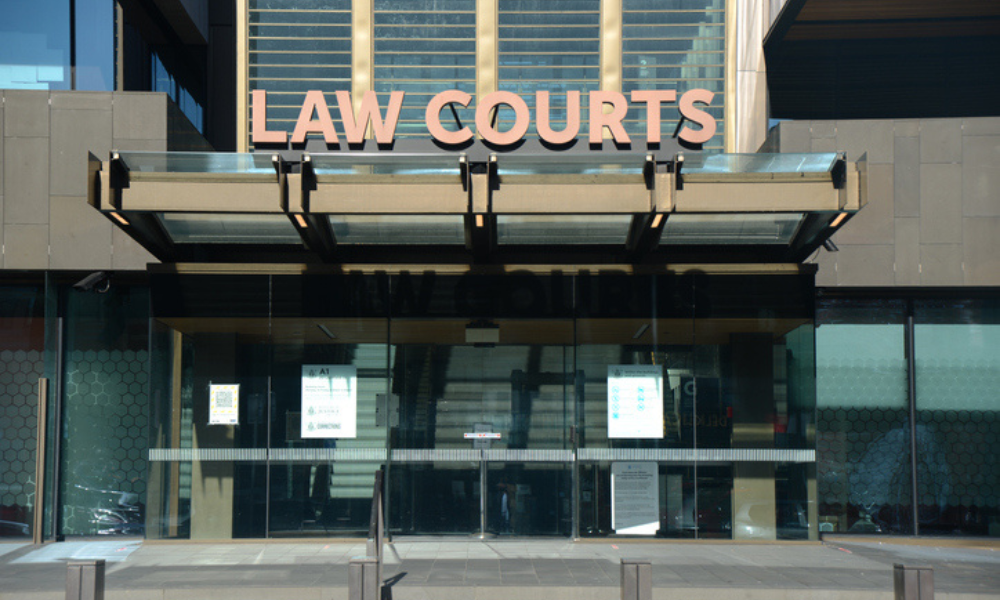
The order being enforced by a finding of contempt must be clear and unambiguous

The High Court has refused to issue a contempt order in an IP case, emphasising that the order being enforced must be made in clear and unambiguous terms.
The dispute in Giggle HQ Limited v Giggle Developments Limited [2023] NZHC 3564 arose when Giggle HQ Ltd (GHQ) initiated an IP lawsuit against its licensee, Giggle Developments and its shareholder and director Darren Shaw. Giggle Developments operates as a licensee of GHQ in the Bay of Plenty region. Despite the dispute that the parties were embroiled in, the court noted that one of the case's complicating features is that the parties were still required to maintain a business relationship with each other and with other franchisees and licensees.
The court had previously issued interim orders by consent, including one prohibiting the respondents Giggle and Darren Shaw from contacting other franchisees or licensees of applicant GHQ. GHQ alleged that Shaw breached these orders by emailing several franchisees and licensees. GHQ sought an order from the court, finding the respondents in contempt.
The High Court noted that the fact that it has the power to impose significant punitive measures under the Contempt of Court Act 2019 means that a finding of contempt will not be made lightly. The court emphasizes that it will only make a finding of contempt when all other methods of enforcing an order have either been exhausted or are inappropriate.
The court may only find a person in contempt if it is satisfied beyond reasonable doubt that the court order being enforced has been made in clear and unambiguous terms and that the person had knowledge of the terms of the order. He had knowingly failed to comply with the order without reasonable excuse.
The court noted that the order prohibited the respondents from contacting other franchisees or licensees about their dealings with GHQ but did not define "dealings." The court found that Shaw mentioned GHQ's monitoring of emails in the email, which GHQ argued cast the company in a negative light, potentially affecting future dealings with franchisees and licensees.
However, the court concluded that the order lacked clarity regarding "dealings." The court stated that the term could be interpreted differently, leading to ambiguity. As a result, the court found that the order did not meet the threshold required for contempt charges under the Contempt of Court Act 2019.
The court also noted that GHQ had not demonstrated that it had exhausted all other means of enforcing the orders or considered them inappropriate. Despite this, the court determined that the single event relied upon by GHQ had already occurred, making it difficult for GHQ to take alternative steps. Ultimately, the court declined the application for contempt charges against the respondents.